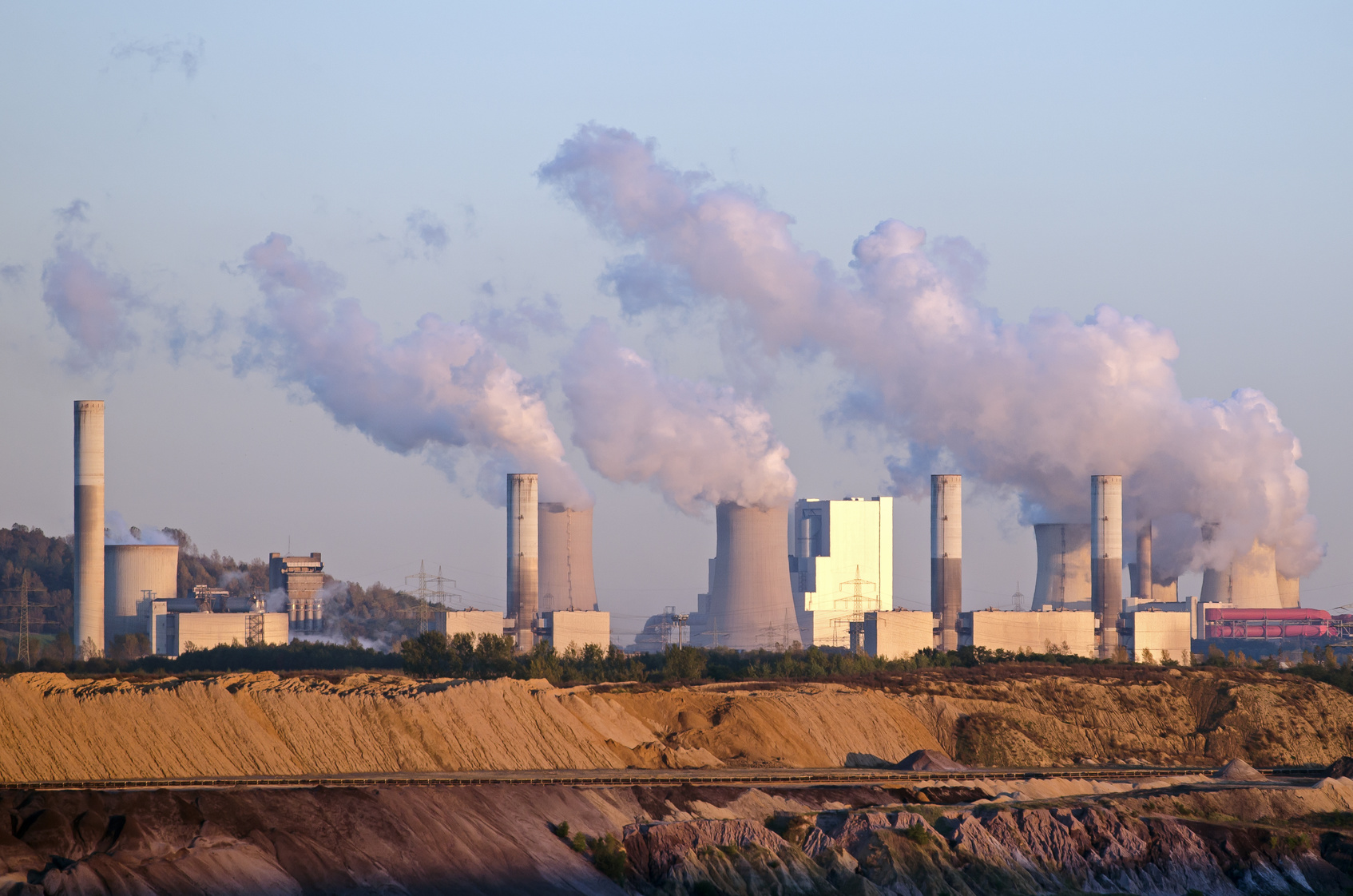Greenhouse gas emissions rose again in 2016
Emissions from the transport sector higher than 1990 - coal phase-out more necessary than ever

Fossil fuel power plants generate large amounts of greenhouse gas emissions.
Source: Teteline / Fotolia.com
In 2016, German emissions reached a total of 909.4 million metric tonnes CO2 equivalent. This amounts to 2.6 million tonnes more than in 2015 and represents the second increase in successive years. Such are the results of calculations recently submitted to the EU by the German Environment Agency (UBA). Emissions from the transport sector have risen once again and, at 166.8 million metric tonnes, again exceed the levels of 1990. The lion's share of these emissions is accounted for by road traffic, which rose by 3.7 million metric tonnes. The reason for this is that ever larger quantities of goods are being moved by road. Moreover, the trend towards ever larger and heavier cars continues unabated. “We need to turn things around in the transport sector: According to the climate protection plan of the German Federal Government, traffic emissions are supposed to decline by some 70 million metric tonnes by 2030. If cars become significantly more energy-efficient and we are given a quota for electric cars, this is not beyond the bounds of possibility. But the legislative framework is not yet in place. We therefore recommend that, as of 2025, the EU should above all not permit emissions of more than 75 g/CO2 per kilometre in average across the fleet for new car registrations. The current draft of the Commission for CO2 limits for passenger cars is too lacking in ambition," said UBA President Maria Krautzberger.



